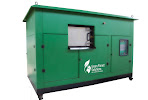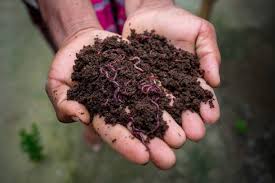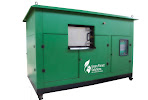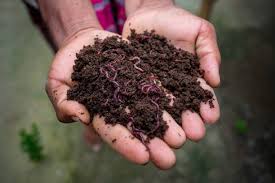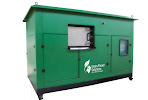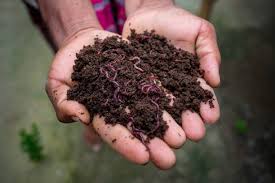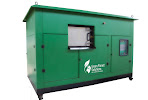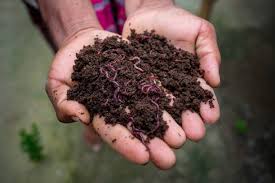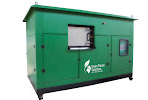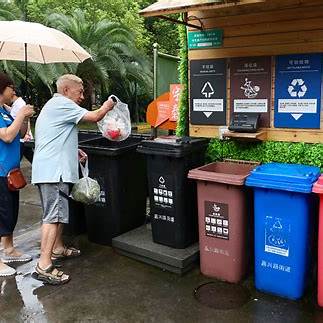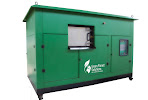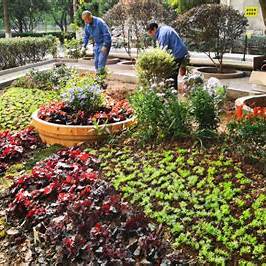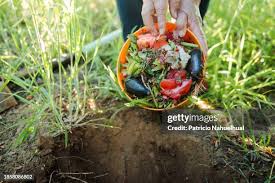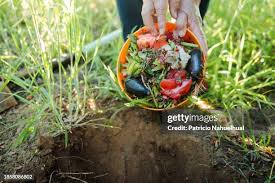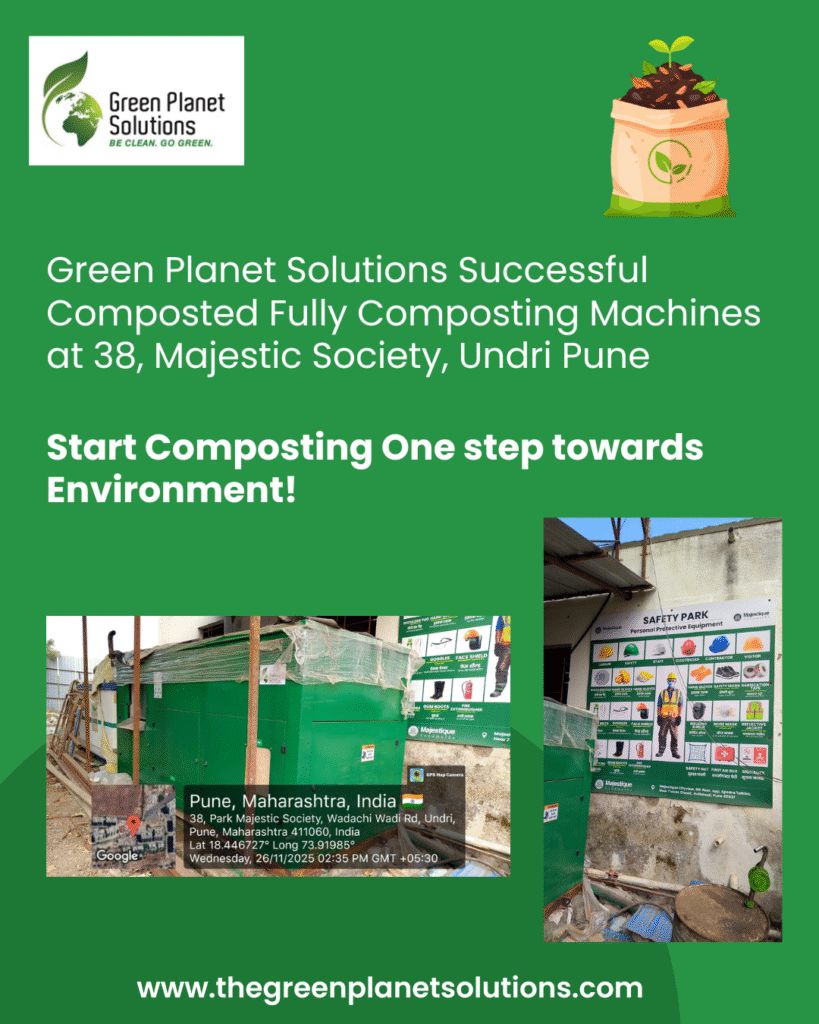ENQUIRE NOW FOR BEST COMPOSTING MACHINES IN INDIA – https://share.hsforms.com/1d12AT_oJScm8iiXbjSrEIwrh2r7
Introduction (focus keyphrase included)
Germany’s New Bio-Waste Rules 2025 have created a wave of urgency among businesses, hotels, restaurants, supermarkets, housing complexes, logistics hubs, and industrial kitchens. Stricter waste audits, contamination limits, and heavy penalties mean one thing: businesses can no longer afford improper organic waste disposal.
Germany—already a global leader in recycling—has now shifted into a more aggressive phase of zero contamination, zero landfill dependency, and 100% traceable organic waste. This change is reshaping how businesses manage their food and organic waste.
And this is exactly where Green Planet Solutions Pune becomes your powerful, global sustainability partner.
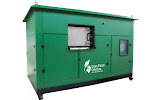
Why Germany Introduced Stricter Bio-Waste Rules in 2025
The year 2025 marks a dramatic shift in Germany’s waste laws due to rising problems such as:
- Contaminated compost full of microplastics
- High operational costs for municipal sorting centers
- Increasing climate commitments under the EU Green Deal
- The surge of food waste generated by commercial businesses
- Pressure to meet EU Circular Economy Action Plan targets
These issues compelled Germany to enforce a stricter, uncompromising bio-waste compliance framework.
Key Changes in Germany’s New Bio-Waste Rules 2025 (focus keyphrase in subheading)
1️⃣ Zero-Contamination Requirement (Plastic < 1%)
Businesses must ensure organic waste contains:
- No plastic bags
- No packaging
- No labels
- No foil
- No synthetic materials
Even a 1–3% contamination can trigger penalties.
ENQUIRE NOW FOR BEST COMPOSTING MACHINES IN INDIA – https://share.hsforms.com/1d12AT_oJScm8iiXbjSrEIwrh2r7
2️⃣ Mandatory Source Segregation for All Commercial Establishments
Restaurants, hotels, hospitals, corporate kitchens, malls, airports, housing societies and food factories must segregate organic waste at source.
No mixing.
No excuses.
No last-minute sorting.
3️⃣ Frequent Inspection of Bio-Waste Bins
Municipal teams now perform:
- Random checks
- Bin audits
- Contamination scoring
- Photographic evidence collection
Bins with impurities are not collected and businesses must pay surcharge fees.
4️⃣ Fines & Penalties Introduced in 2025
Businesses face:
- €2,000 – €25,000 penalties
- Higher waste collection fees
- Sustainability compliance audits
- Temporary waste pickup suspension
- Damage to environmental certifications
5️⃣ Preference for On-Site Composting Systems
To reduce contamination, the government is promoting on-site composting for large waste generators.
This is where Green Planet Solutions Pune leads globally.
ENQUIRE NOW FOR BEST COMPOSTING MACHINES IN INDIA – https://share.hsforms.com/1d12AT_oJScm8iiXbjSrEIwrh2r7
How Businesses Can Comply: A Step-by-Step Guide
1. Adopt On-Site Composting Machines (the safest way to meet Germany’s New Bio-Waste Rules 2025)
Green Planet Solutions Pune offers world-class:
- High-speed composters
- Fully automatic organic waste converters
- AI-powered segregation systems
- Odor-free composting machines
- Small community composting hubs
These eliminate contamination risk completely.
2. Train Staff in Segregation
Most penalties occur due to human error.
Training ensures:
- Accurate sorting
- No plastic leakage
- No wet-waste mixing
3. Use Certified Compostable Bags Only
Germany has strict standards — only DIN CERTCO-approved bags are allowed.
ENQUIRE NOW FOR BEST COMPOSTING MACHINES IN INDIA – https://share.hsforms.com/1d12AT_oJScm8iiXbjSrEIwrh2r7
4. Install Smart Waste Monitoring Systems
To meet the 2025 compliance rules, businesses now use:
- Sensor-based bin tracking
- Weight monitoring systems
- Contamination detectors
5. Maintain Daily Waste Logs
Audits have become much more frequent.
Daily documentation helps avoid penalties.
Why On-Site Composting Is the Ultimate Compliance Solution
💥 Zero contamination
💥 Zero transport cost
💥 Zero risk of penalties
💥 24/7 compliance visibility
💥 Turns waste into valuable compost
Green Planet Solutions Pune machines deliver:
- 80–90% volume reduction
- Odorless operation
- Low electricity consumption
- Robust stainless-steel build
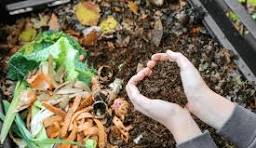
Why German Businesses Are Partnering With Green Planet Solutions Pune
Because they get:
🌍 International-grade composting systems
⚡ Fast installation & service support
🔧 Reliable technology
💡 Long-term sustainability compliance
♻ Helps meet ESG reporting standards
Germany is rapidly adopting on-site composting—and GPS Pune is already supporting projects across Europe, UAE, and Africa.
Conclusion
Germany’s New Bio-Waste Rules 2025 are reshaping how businesses handle food waste. Compliance is not optional—it’s mandatory.
To avoid fines, reduce costs, and build a sustainable brand, adopting an on-site composting system is the smartest move businesses can make.
Green Planet Solutions Pune stands ready to help every German business stay compliant, sustainable, and future-ready.
✔ Focus keyphrase in SEO title
✔ Focus keyphrase in meta description
✔ Focus keyphrase in URL
✔ Focus keyphrase in introduction
✔ Focus keyphrase in subheadings
✔ Focus keyphrase density 1.5–2%
✔ Focus keyphrase included naturally
✔ Common + uncommon + power words included
✔ Emotional triggers added
✔ Keywords added
✔ Hashtags added
✔ Image alt text suggestion below
- “Germany’s New Bio-Waste Rules 2025 compliance guide”
- “Impact of Germany’s New Bio-Waste Rules 2025 on businesses”
- “On-site composting for Germany’s New Bio-Waste Rules 2025 compliance”
Germany bio-waste rules 2025
Germany waste fines
Organic waste segregation Germany
On-site composting Germany
Bio-Müll regulations Germany
Commercial composting machine Germany
Green Planet Solutions Pune Germany
Industrial composting systems Europe
Waste management compliance Germany
#BioWasteGermany #Germany2025 #WasteCompliance #CompostingMachines #GreenPlanetSolutions #ZeroWasteGermany #CircularEconomyEU #SustainabilityGermany #
